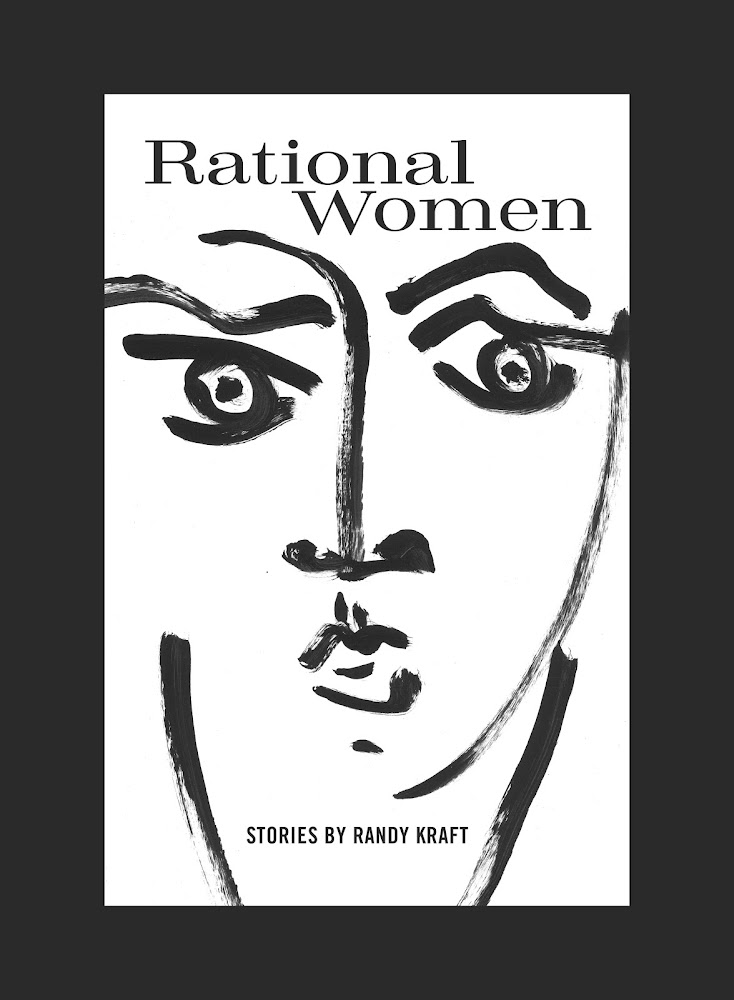BY TA-NEHISI COATES
What is there left to say of this extraordinary treatise?
152 pages short, packed to the brim with elegant prose, elegiac rumination,
smatterings of racial and political history, and the nearly desperate questions
of an intellectual mind trapped in a vulnerable black body. Must reading for
every thinking individual, every person of any color who cares about racial
disharmony.
The winner this year
of the National Book Award, the book takes the form of a letter to Coates’ son,
a 15-year old coming to terms with his own susceptibility in light of what
seems an escalating epidemic of young black lives destroyed by law enforcement
officials. Perhaps no more so than in the past, Coates contends, rather more
public by virtue of cell phone video and social media. And, perhaps, by a
continued lack of obstacles, allowing in some way, police and like kind to run
amok, even in the Obama era, a time that portended racial equanimity.
The book
may be seen as a parallel to James Baldwin’s THE FIRE NEXT TIME, also written to
a 15-year old [his nephew] although in a more optimistic tone of voice. In the
original New York Times review,
written by writer/activist Michelle Alexander, Coates was taken to task for his
defeatist attitude, even as the book was praised for originality, writing, and
brutal honesty. I cannot address this book in the way Alexander can, a person
of color and a civil rights lawyer, although I have researched and written
about race in my novel COLORS OF THE WHEEL. Still, I agree with this one critique
that the book seems unfinished, as if the hypothesis to a scientific exploration
was postulated without the ensuing methodology to prove the theory and suggest
solutions.
As short as
the book is, I had to put it down every so often, the pain of Coates’ reality often
too hard to take. Of course, that is exactly what he wants us to feel, to not
shy from the discomfort, as he and his ancestors have not been permitted to do,
rather feel every punch. And now and then he drifts into more philosophical
thoughts, so beautifully articulated, it is worth reading slowly and perhaps
more than once.
So you must wake up every morning knowing
that no promise is unbreakable, least of all the promise of waking up at all.
This is not despair. These are the preferences of the universe itself: verbs
over nouns, actions over states, struggle over hope.
I was
especially moved by Coates definition of persecution as the control of the
body. Not the mind or legal rights or social opportunity, as has been written
many times, but the simple dominion over one’s own body. Black beings,
particularly young black men and women, can never safely secure their own
bodies. From lynching to backseats on the bus to police shootings, wherever
they go, they are exposed.
As W. E. B.
DuBois said shortly after the Civil War, blacks suffer from “Double-Consciousness”
– no matter the achievements, the life path or intent, all people of color are
considered first by color, second by all else, and must live up to double
standards as well:
One ever feels his two-ness – an American, a
Negro; two souls, two thoughts, two unreconciled strivings; two warring ideals
in one dark body, whose dogged strength alone keeps it from being torn asunder.
This country was founded on the
domination of indigenous people of color and nourished into an economic force
by the enslavement of Africans, and has yet, no matter civil rights laws, the
election of a brown President nor the continuing elevation of black-Americans
into positions of greater authority, to recognize that we are one. What happened to one for all and all for one? Whenever we
lessen another life, or allow another life to be decimated, we diminish our own
humanity.
As the writer of this fascinating work, Coates has
every right, and responsibility, as journalist and parent, and citizen, to remind us we have a long way to go, and to do so in such brilliant writing is a gift.
Read it.
Tell your friends to read it. Tell your college-age kids to read it. Talk about
it. That alone is not going to create change, but it is a good start.
The birth of a better
world is not ultimately up to you, although I know, each day, there are grown men
and women who tell you otherwise. The world needs saving precisely because of
the actions of these same men and women. I am not a cynic. I love you, and I
love the world, and I love it more with every
new inch I discover. But you are a black boy; you must be responsible
for your body in a way that other boys cannot know. Indeed, you must be
responsible for the worst actions of other black bodies, which, somehow, will
always be assigned to you. And you must be responsible for the bodies of the
powerful – the policeman who cracks you with a nightstick will quickly find his
excuse in your furtive movements. And this is not reducible to just you – the
women around you must be responsible for their bodies in a way that you will
never know. You have to make your peace with the chaos, but you cannot lie. You
cannot forget how much they took from us and how they transfigured our very
bodies into sugar, tobacco, cotton and gold.
Ta-Nehisi Coates BETWEEN THIS WORLD AND ME

